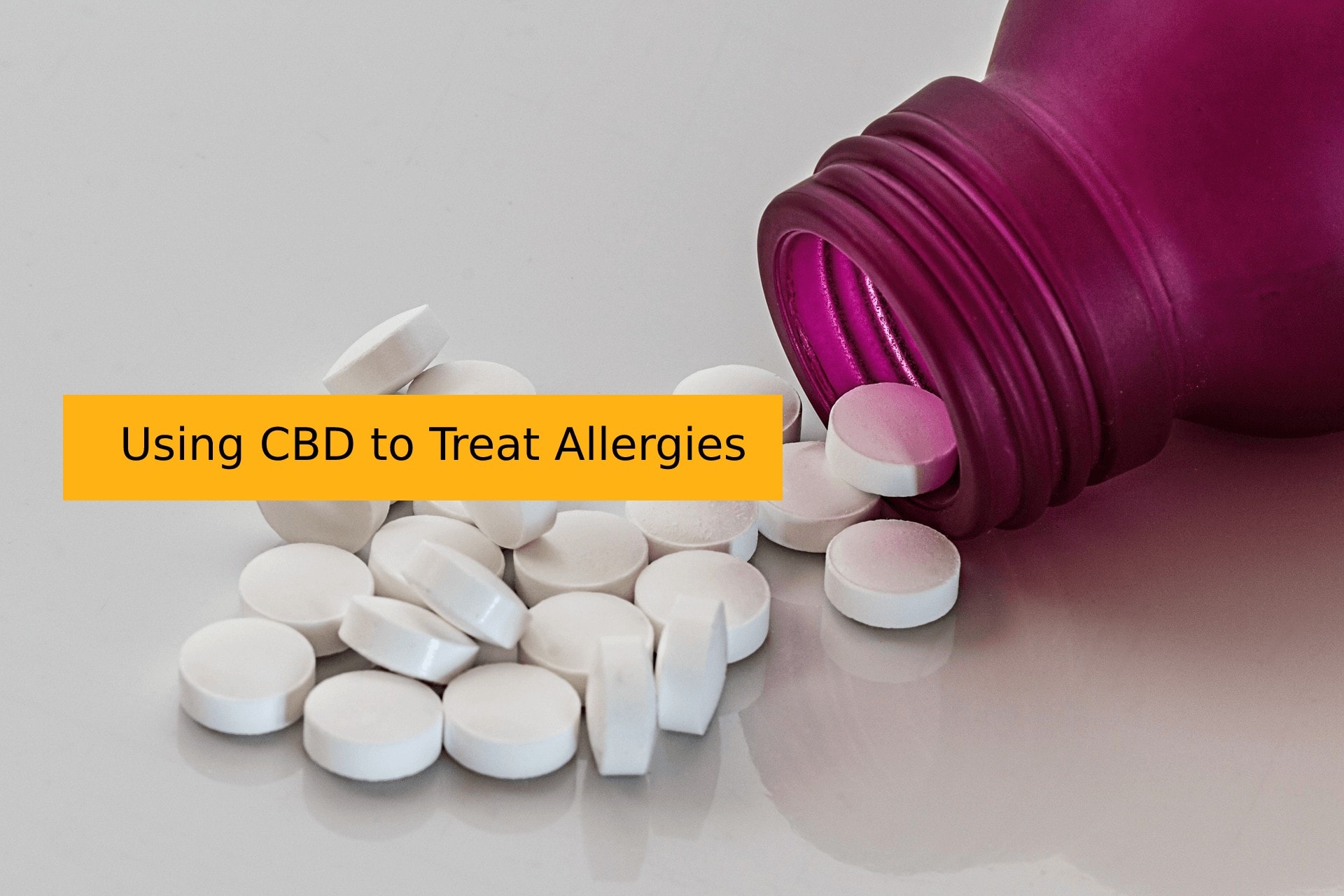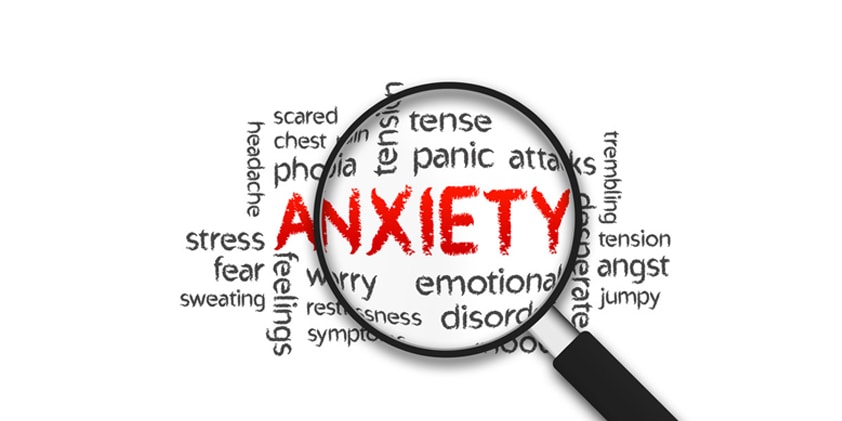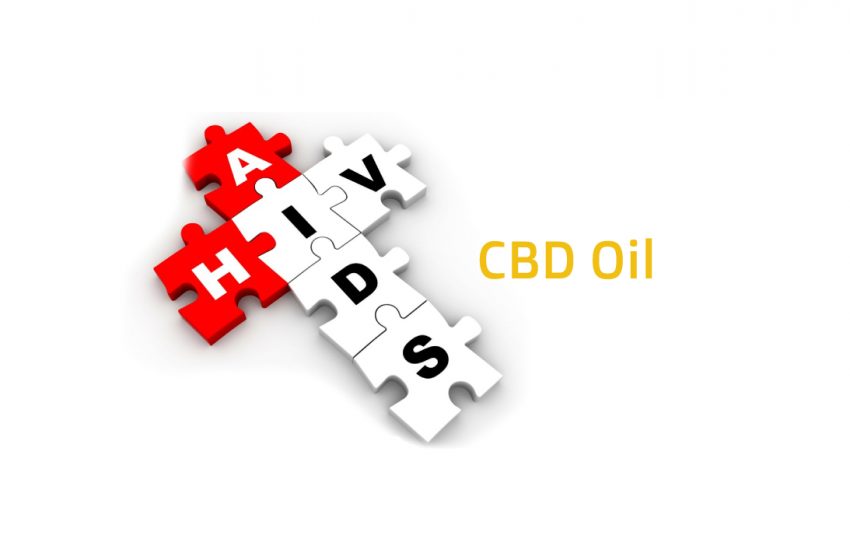Allergy Medications and Drugs

An allergic reaction occurs when there is an overreaction by the body’s immune system to an otherwise benign stimulus. Antihistamine medications are usually used in the treatment of such reactions.
CBD may be helpful in treating allergies due to how it interacts with the body’s endocannabinoid system. It is also known to have anti-inflammatory properties.
At its core, an allergic reaction is an overreaction by your body’s immune system to an otherwise benign stimulus. People can be allergic to all sorts of things, like various foods, plant pollen, or dander from animals.
As part of your body’s overreaction, you may experience swelling, hives, nausea, congestion, a runny nose, or swollen eyes. In worst-case scenarios, allergies can also induce anaphylaxis, a life-threatening condition that can include difficulty breathing, dizziness, and a loss of consciousness.
To help reduce these types of reactions, many people use prescription or over-the-counter medication such as nasal sprays, eye drops, inhalers, or antihistamine pills. These medications, though, all come with their fair share of side effects, leading some to try out other treatment options like CBD oil.
How Allergy Medications Work
When people experience an allergic reaction, they typically reach for some sort of antihistamine medication like Benadryl. Antihistamine blocks symptom-causing chemicals released during allergic reactions. These symptom-causing chemicals are referred to as histamines, which is why anti-allergy medications are referred to as antihistamines.
Antihistamines come in many applications, so it’s easy to wonder exactly how to apply anti-allergy medications like this. Pills should be swallowed orally according to the instructions on the packaging. For creams, you’ll rub them on the affected spot. Eye drops and inhalers are used on the eyes or inhaled, respectively, again according to the instructions on the packaging.
When deciding when to apply anti-allergy medication, you’ll want to do so as soon as you feel the symptoms. Taken as a pill, antihistamines like Benadryl should begin to reduce symptoms within 30 minutes. Creams should work almost immediately. It should be noted that antihistamines can cause drowsiness, so you shouldn’t take them before operating heavy machinery or undergoing a task where you need to stay alert.
Using CBD to Treat Allergies
CBD is increasingly popular among allergy sufferers due to the lack of side effects when compared to antihistamines. CBD works by interacting with the body’s endocannabinoid system, which works to regulate bodily systems and maintain homeostasis. As allergies are the body’s overreaction to certain stimuli, it makes sense that CBD’s role within the endocannabinoid system helps to stymie symptoms.
Further, CBD has anti-inflammatory properties, which helps reduce inflammation during allergy attacks and keep breathing passages open and alert. This can make it easier to breathe when experiencing an allergy attack. If you’re dealing with allergies, make sure to discuss the issue with your doctor. They can help diagnose the specific allergen your body is reacting to and help discover the best treatment options for your needs and lifestyle.










